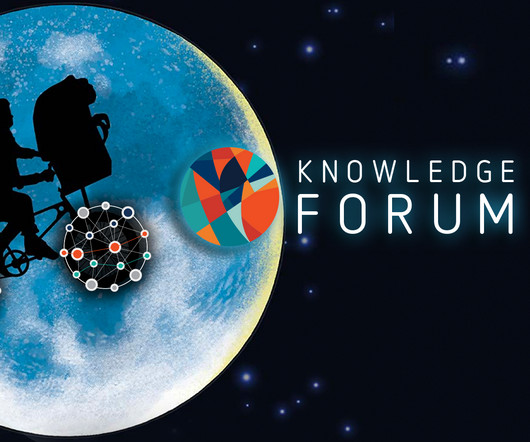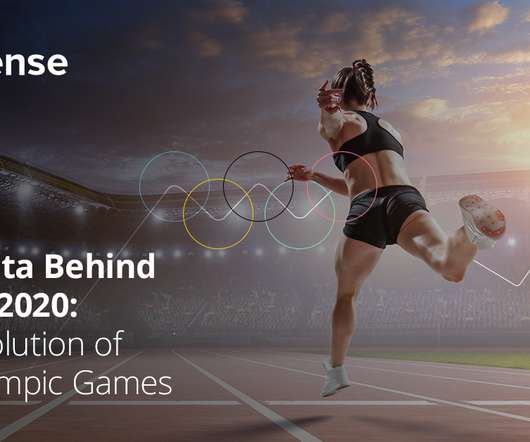Do You Know Where All Your Data Is?
Cloudera
JUNE 22, 2023
In spite of diligent digital transformation efforts, most financial services institutions still support a loose patchwork of siloed systems and repositories. The top-line benefits of a hybrid data platform include: Cost efficiency. Simplified compliance. Improved scalability and agility. Flexibility.














Let's personalize your content